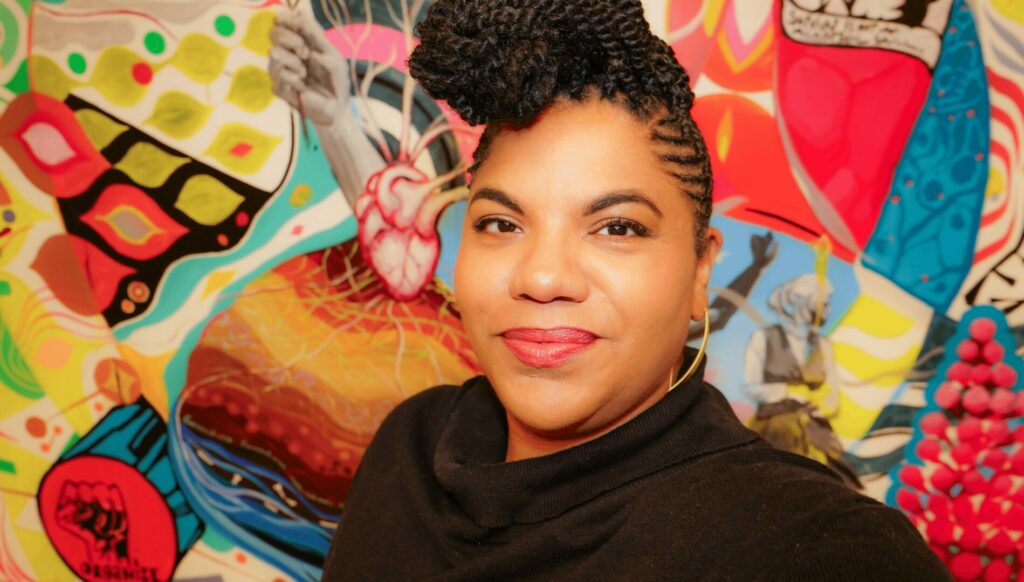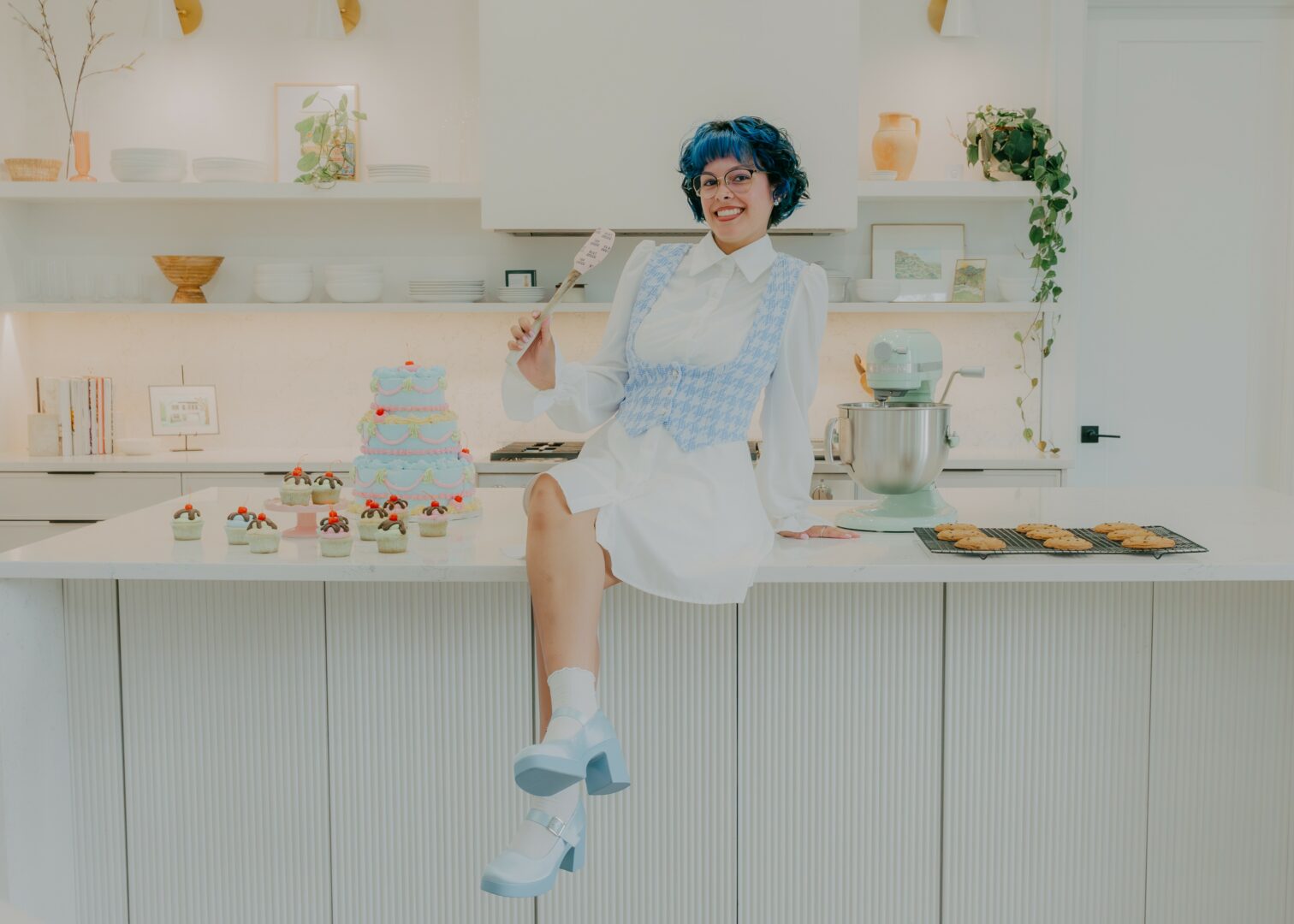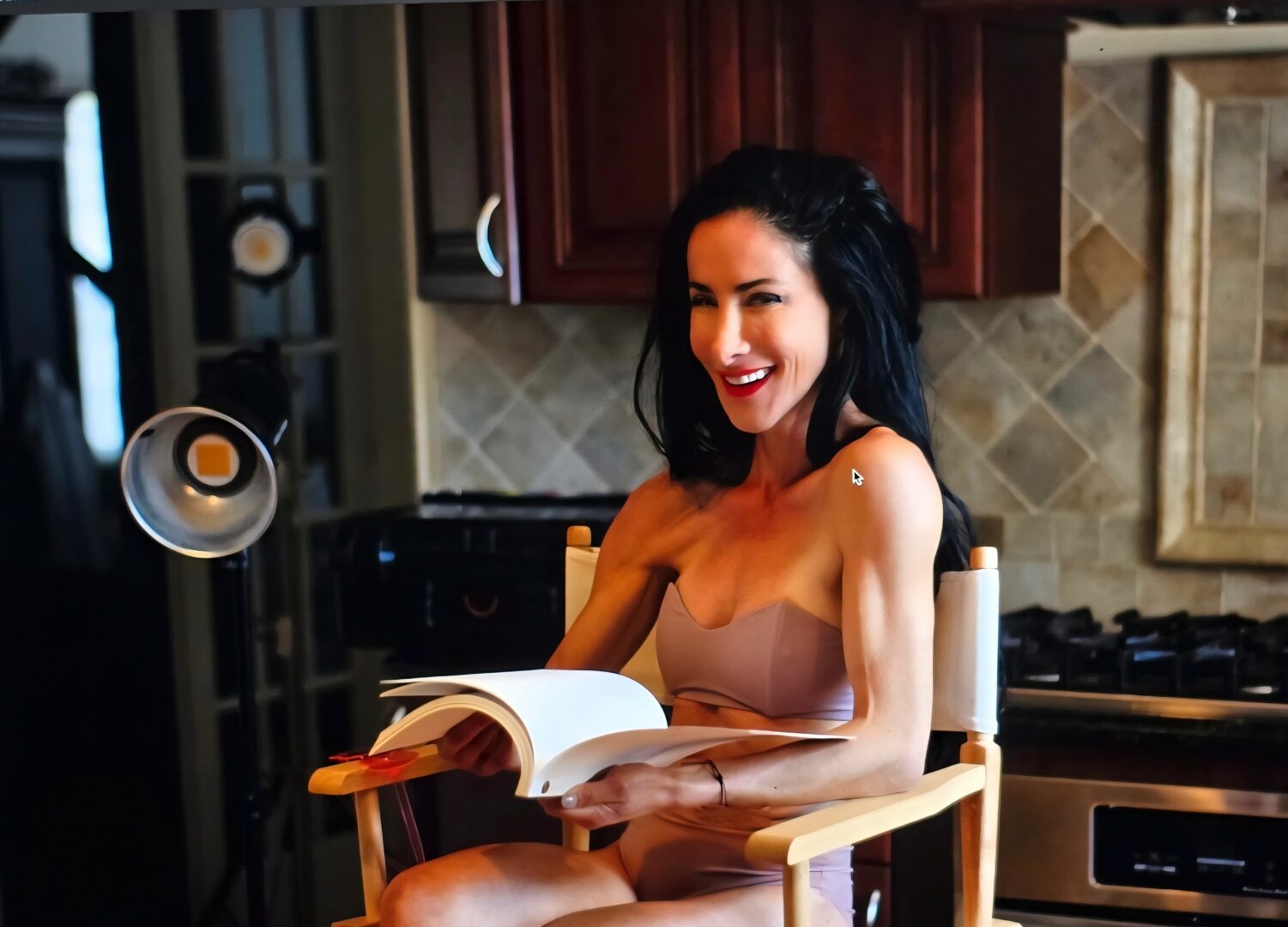Self-doubt and imposter syndrome have stopped far too many talented folks from going for their goals and reaching their true potential. Our hope is to host conversations that inspire folks to overcome imposter syndrome and help others as well.
Dara Walker

As a young entrepreneur constantly pushing forward in the skincare cosmetics industry, I often find myself in a relentless “work now, celebrate later” mindset. This approach can sometimes prevent me from truly internalizing my successes and accomplishments, leading to moments where imposter syndrome creeps in. To manage these feelings, I focus on a few key techniques. First, I make a conscious effort to document my achievements in a journal or a digital app, regularly revisiting these entries to remind myself of how far I’ve come. Read more>>
Jo Figueras

Overcoming imposter syndrome was a slow journey through learning to trust myself . And that self trust was cultivated through the ability to listen to & trust my intuition, and then being brave enough to take small steps, as well as giant leaps of faith into the unknown. And as my feet touched down on solid ground, I slowly realized I am supported fully by the Universe as long as trust my gut, and make decisions aligned with the direction I want to go. Honestly its a constant conversation with myself, reminding myself how far I’ve come and that I made each and every decision along the way. Read more>>
Adeeb Haidari
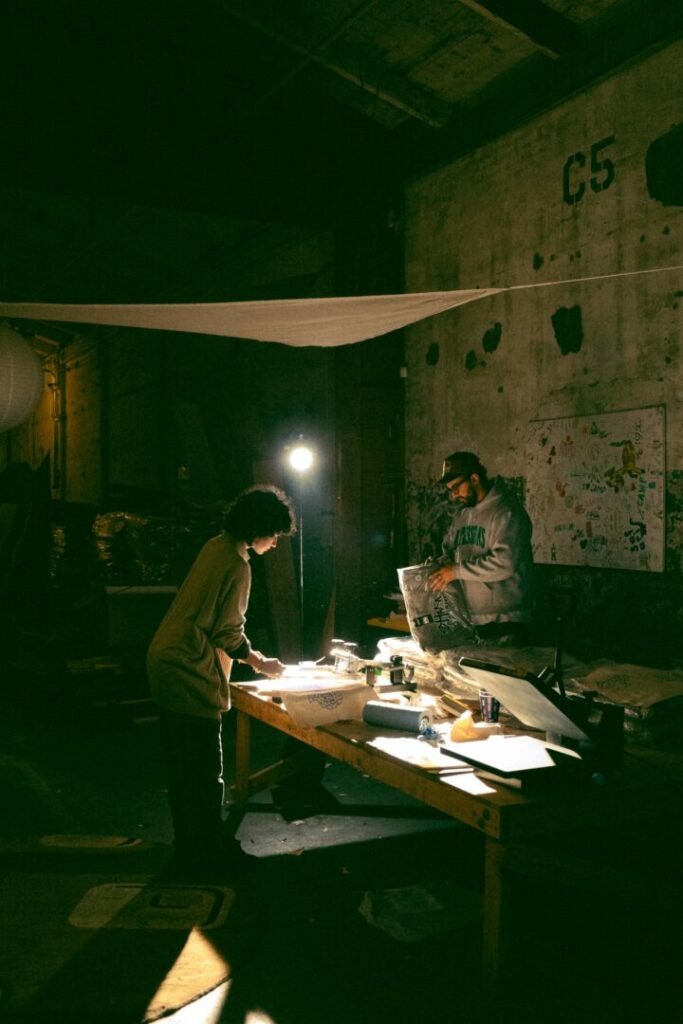
Imposter syndrome itself isn’t a great place to be but the core feeling is essential to a life with awareness, now I can appreciate the process it takes you on. Starting with uncomfortable, then curious, attentive, aware, inspired, and finally confident. Being uncomfortable is always a sign to explore the part of your mind that is repelling from something. I personally have a perspective that we are all equal to each other. If you truly believe that, being in any room or talking to anyone will feel easier. Of course it’s not saying i’m just as good at something as someone else, i’m saying if you can do it, so can I. I found that anytime I want to take something to the next level or want to try something new; I am intentionally placing myself in a new space, so naturally I am not comfortable. Read more>>
Jessie Kwak

Imposter syndrome is a tough one! I’ve always had that voice in my head telling me that a certain thing isn’t “for me.” I was too poor as a kid. Not smart enough in college. Not talented enough as a writer — whatever it was, that voice would bubble up inside me, murmuring, “Who do you think you are?” Read more>>
Karina Febles

Ah, yes. I still deal with that very much to this day. Once you start slowing making waves with your creative work, you almost have an “Oh it’s happening” kind of moment. You realize you’re doing it and people are watching. Ironically enough this opens up conversations like who is really supporting you, or which brands or companies are taking notice. It’s all about your own perspective. How do you see the life you want? Then go after those things by living like you’re already in them. Once I started getting into the groove of filming more, I’d have my moments of doubt. I always cringe at the idea of the word “influencer” or being social media popular because I always saw myself as an artist first. So I decided to flip what that narrative looked like for ME. Read more>>
Sherine Onukwuwe
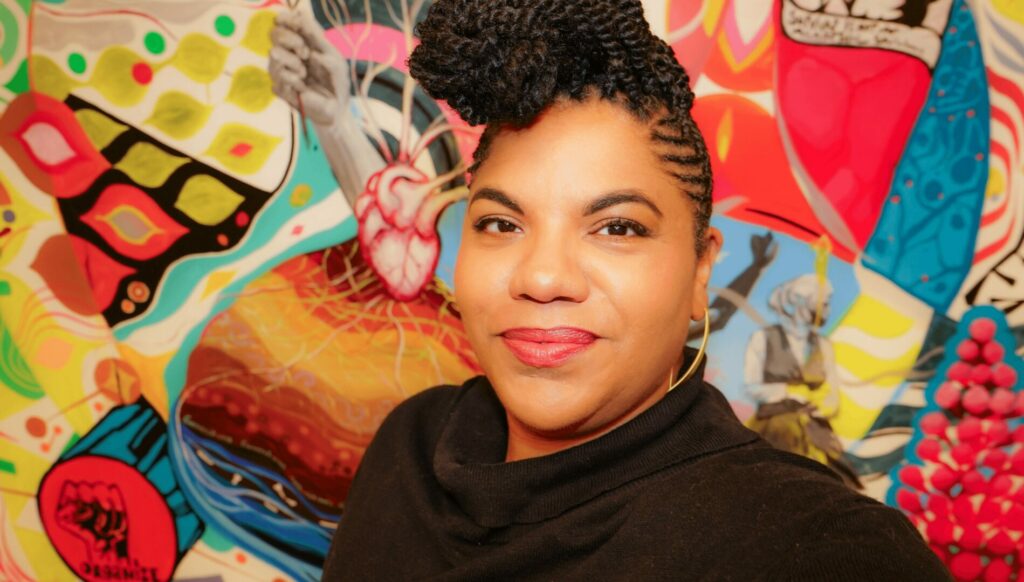
Imposter syndrome is heavily rooted in comparison. I stopped idolizing other people. We all have our lived experiences and you never know what someone had to overcome to achieve what they achieved. These experiences afford or deny opportunities, and refine or inhibit creativity, etc. So there is no comparison. o each, their God-given talent or skill developed by the nose to the grindstone. You just have to live and grow in your own skin. As any kind of artist, I think you have to be a strong believer in the spirit of metamorphosis and heavily equipped with an armour of audacity. Read more>>
Laura Shape
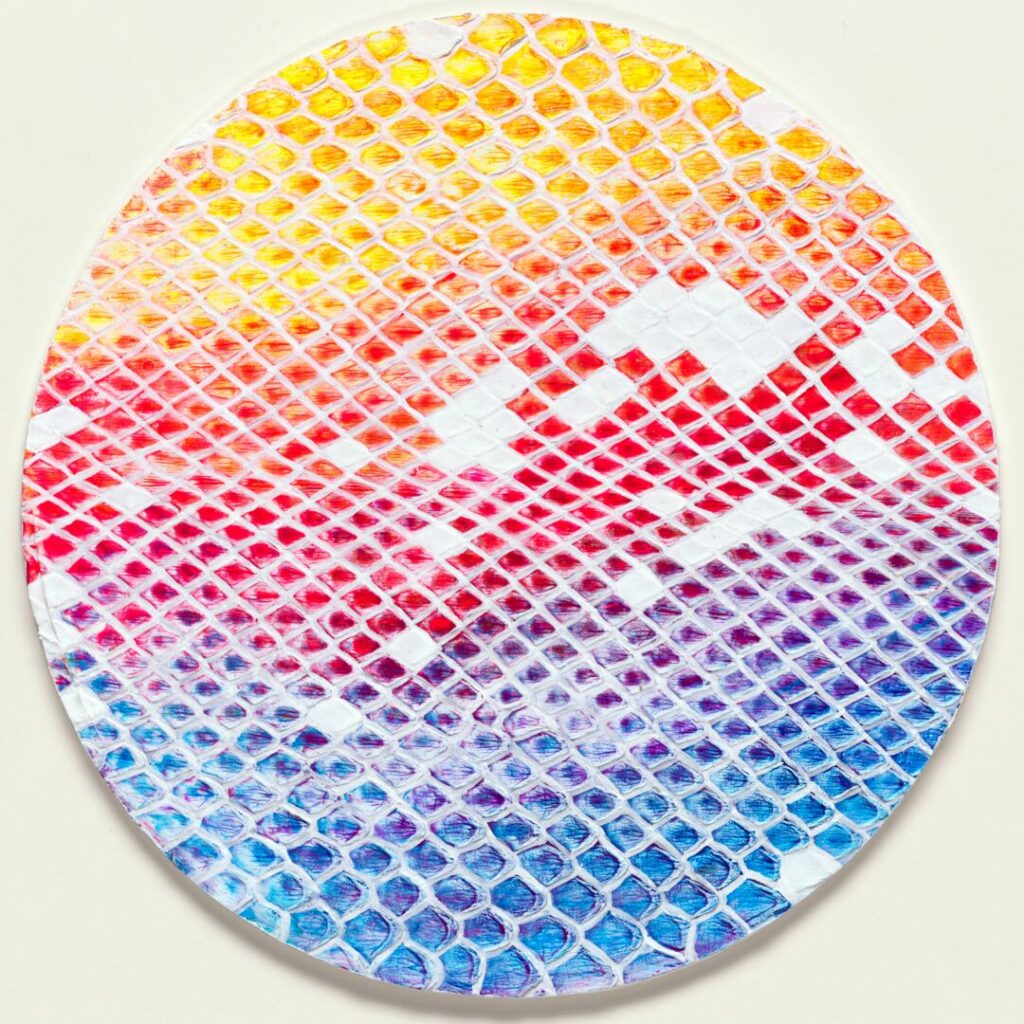
The trick I’ve learned for overcoming imposter syndrome is to find a niche few other people work in. If there’s no one else to compare myself to, it’s a lot harder to feel insecure and like I don’t measure up. For instance, When I started my graphic design career I wanted to work in advertising. But after working in that field for a couple of years, I found myself feeling like an imposter. There were so many great art directors already, and I always felt like I’d never be good as they were. Read more>>
Rashmi Kapoor
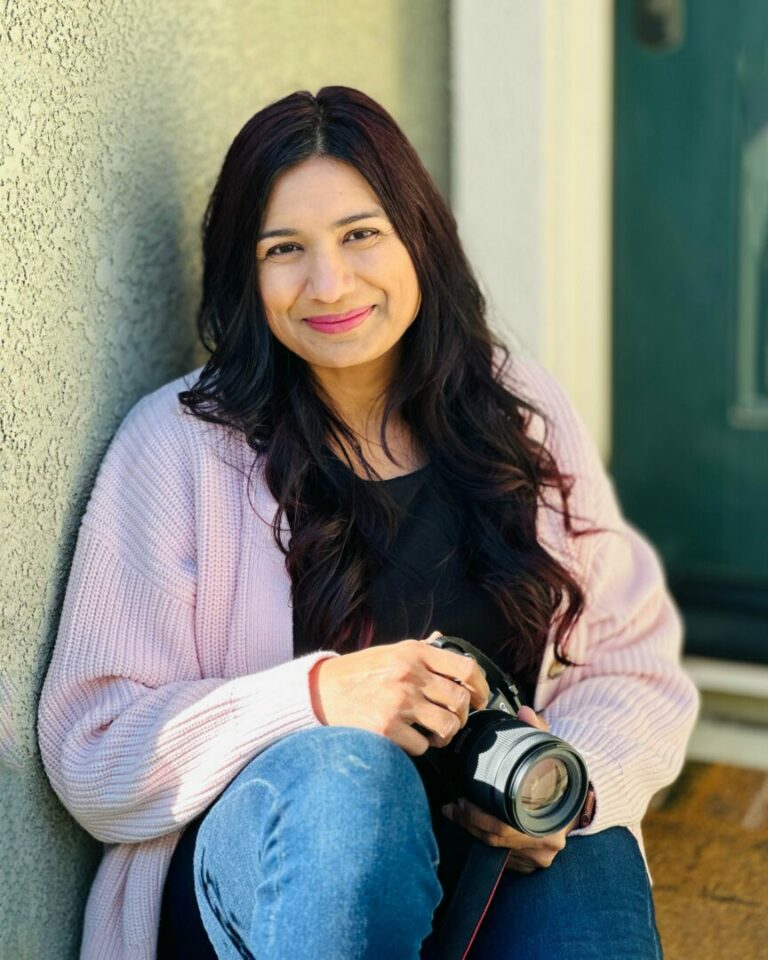
Imposter syndrome is something I’ve definitely faced as a photographer. For me, it often pops up when I compare myself to others or feel like I wasn’t “good enough” for a certain project or client. The funny thing about photography is there’s no real “right” way to do it. Everyone has their own style and approach, but I have to remind myself that my unique perspective is what makes my work valuable. Read more>>
Tonya Cross

I simply embraced the fact that “I’m That Girl”! However, it has taken a lot of work to get to and maintain this point of view of myself. I challenge negative thoughts by reminding myself who I am and whose I AM. I don’t identify as religious, but spiritual. My divine connection with God keeps me on course of my purpose and destiny. I also reflect on my personal and entrepreneurial accomplishments. I remember where I’ve been and how far I have come. This gives me the strength and courage to be all I’ve been called to be. Read more>>
Alex Morales
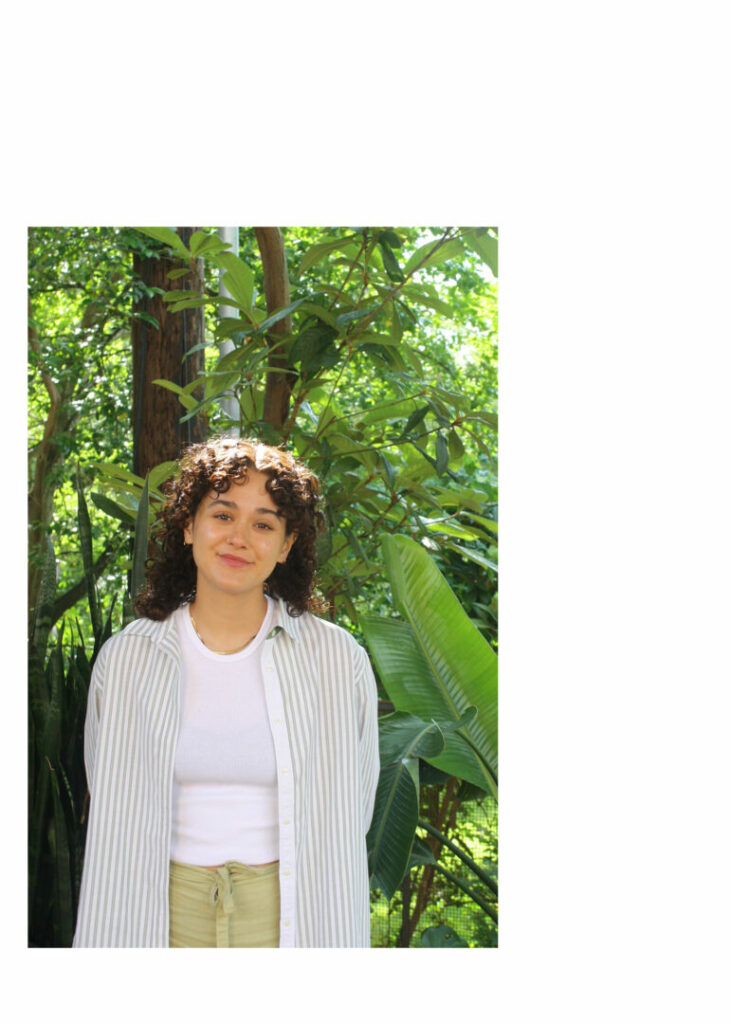
Action. In the moments when imposter syndrome arose, focus on self-criticism revealed a opportunity for progress. What location was the imposter syndrome coming from? What was the purpose of the sentiment? What was the imposter syndrome preventing and/or protecting? Based on the answers, one could devise a plan to place into action. Read more>>
Brandon Miller

I don’t think anyone ever overcomes imposter syndrome. It’s something that we need as entrepreneurs to gauge our progress. It’s like a checkpoint in our careers. It can be a tool for growth that reminds us to stay humble, continually learn, and improve our skills. Growth doesn’t happen in comfort but rather when we are experiencing imposter syndrome its a sign that we’re pushing boundaries and stepping outside our comfort zone. Read more>>
Ari Laing

Overcoming imposter syndrome starts with recognizing that self-doubt is often a natural part of growth and that many others feel the same way. To combat this, I’ve always tried to focus on my achievements, skills, and the hard work I’ve put in to reach where I am at every stage of my career. Read more>>
Rust / L Maccarthy / Faunt
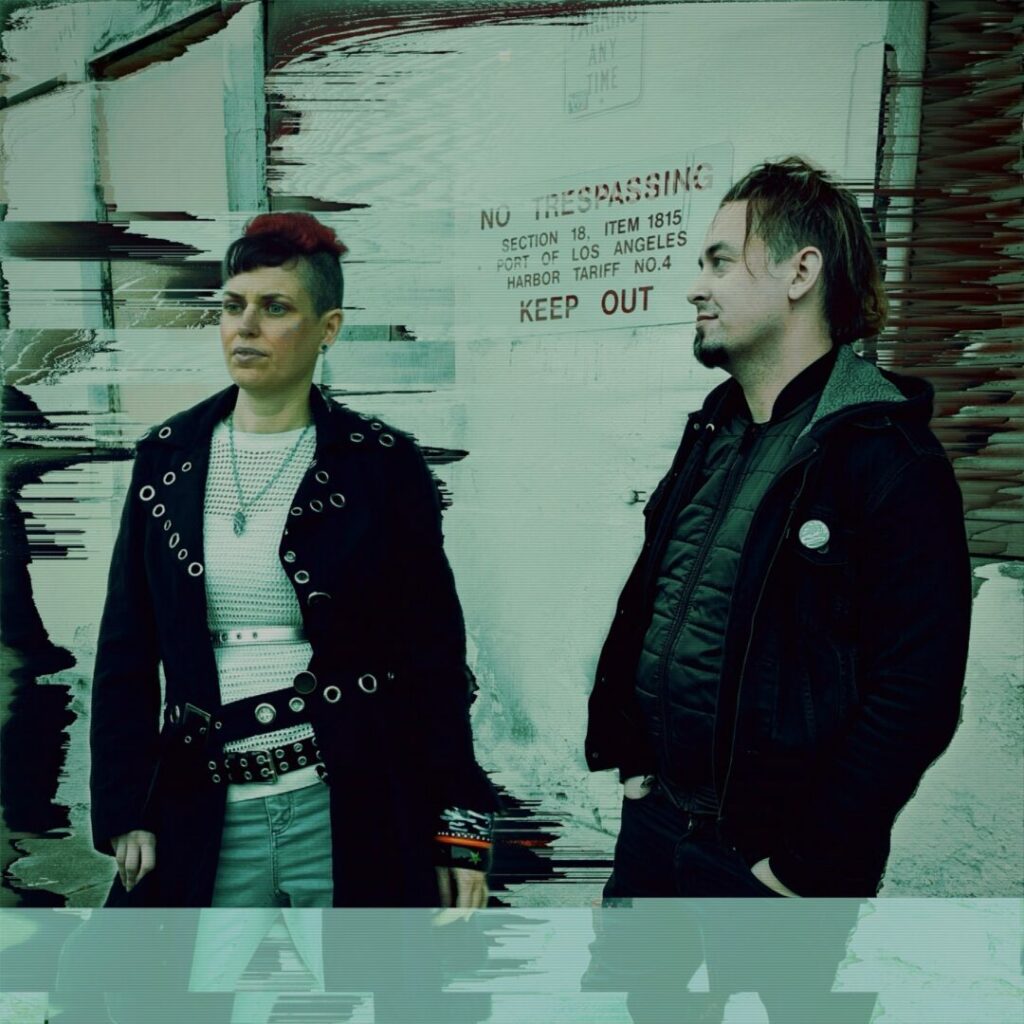
L: As a gender-nonconforming person and offspring of immigrants, imposter syndrome is easy to have in the arts world at first. The factors contributing included cis men just waiting to ‘splain about things I’m perfectly competent at; someone waiting in the wings to exploit or drain my talent if when spotted its potential; the fact that life in an incredibly competitive area means that many others come off as both more talented and experienced at what I do; and a particular brand of immigrant-parent-excellence that pressures me with high expectations on the one hand, and is reserved with praise on the other. Read more>>
Konn Lavery

Imposter syndrome is a challenging struggle to get over. Not everyone experiences it when they are pursuing their goals. People can experience the opposite: over confidence of your abilities, also something to look out for. In terms of the syndrome and my fiction, I have had dealt with it for a large amount of time because I felt my writing was never enough.
It didn’t help that my English grades weren’t the best in high school back in the 2000s and I failed to take the time to develop them. I was too eager to share stories, and this in return helped foster the problem where it seemed, to me, that I was pretending to be an author from my first release 2012 until 2018. Read more>>
Shane Montes
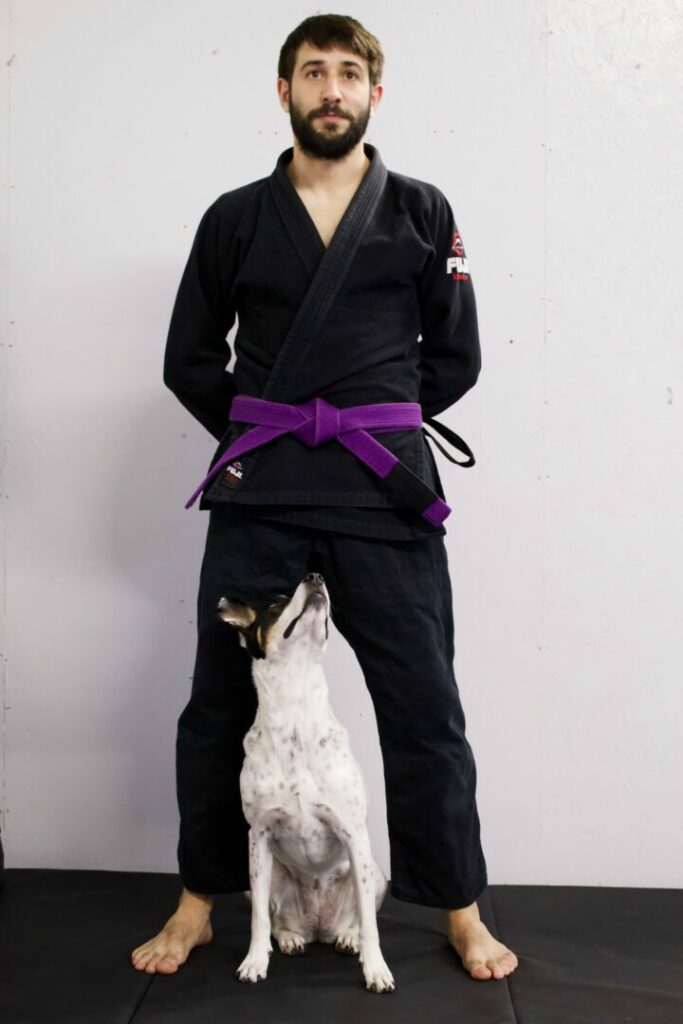
Overcoming imposter syndrome is hard. You feel like you don’t know enough to be where you are at or that you should be further along than where you are currently at.
What has helped me to feel more confident is to be trying to improve in the areas where I feel I lack.
I face these moments with my dog training career and in my Brazilian jiu jitsu training. However, putting a focused effort in to the areas that I feel unsure of myself has helped me to gain my footing and feel better about what I am doing. The quest for knowledge, practice, failure and success is ongoing and ultimately what has helped me feel less like I am doing something that I am unsure of. Read more>>
Brittani And Daniel Lam

In an industry where there’s no real defining characteristic to separate the “real” creatives from the “fakes,” it’s easy to feel like we’re not up to par with the others around us. It’s all subjective, right? So when we feel a little like we’re not quite measuring up, we try to pinpoint exactly why we’re feeling that way. Is it that we’re in a creative rut? Are we not booking the number of clients we feel we “should” be? Whatever the reason, acknowledging what it is specifically that’s making us feel “less than” in that moment can really show us what we can do to overcome those feelings. Read more>>
Jacqueline Real
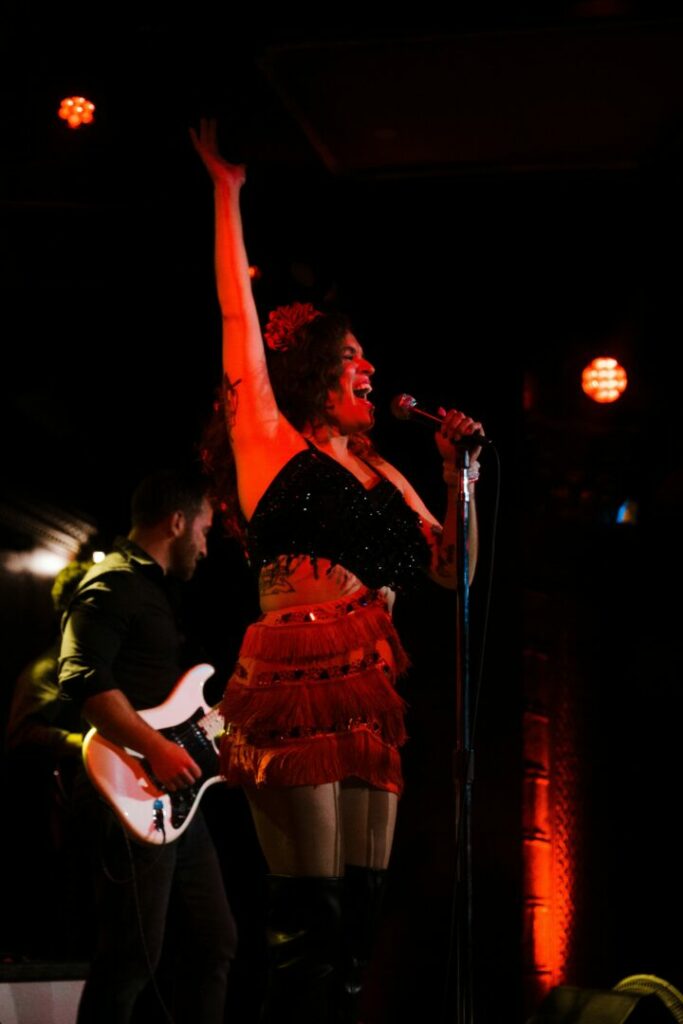
Imposter syndrome has been a huge hurdle that I had to tackle as an artist. Mariachi music is what saved me and Classic Rock is my baseline but fighting through all the mental hurdles to write my own music was a journey I didn’t realize I needed more than anything. I was in a place in my life where I was finally becoming mentally healthy and realized that the script I was playing in my head was not my own. Once I was able to overcome all the negative self talk and hear what was truly in my head opened the gates to so much music. I was working with a coach, a therapist, and I was on a mental health journey for over a decade. Read more>>
Kate B Jackson

Well, first, I don’t believe anyone ever completely overcomes imposter syndrome. At best, you learn to live with it. I once asked an internationally acclaimed author when imposter syndrome goes away, and his response was, “I’ve been doing this over fifty years. I’ll let you know.” Then he added, with in impish grin, “The awards help, though.” Read more>>
Jaz Burgess
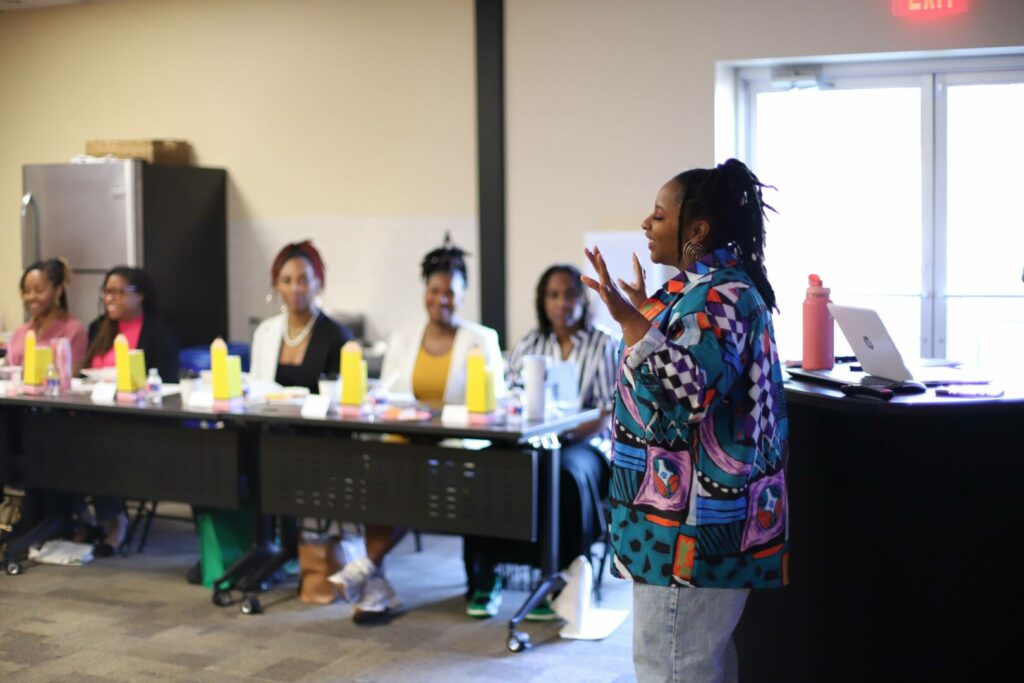
Imposter syndrome isn’t just a buzzword; it’s a reality I’ve faced numerous times on my path to building Hustle Meets Grace and Sol Haven Counseling. As someone who transitioned from documenting my personal healing journey to running a wellness consulting company and counseling practice, I’ve often felt like I didn’t “belong” in certain spaces or wasn’t “qualified” enough despite my accomplishments. Read more>>
Callie Beattie

Overcoming imposter syndrome is not linear and I don’t think it ever will be. I will say, it does become much easier day by day, but there are certainly some days where it takes over and you wonder if you’re actually worthy of taking up the space you’re taking up. I always have naturally fallen into leadership positions ever since I was a kid, whether I wanted to or not. I am Type A all the way and so with that comes a lot of stress on yourself to make things perfect. I am extremely adventurous in all aspects of my life – I have never kept a job more than probably a year at a time due to constantly craving change and a new aspect on life. Read more>>
Isis Daniel

A year ago, I moved to Paris to chase my dream of becoming a WSET diploma candidate. I was also starting my wine culture case study and quickly realized how ambitious my dreams were. I wasn’t financially prepared for the move, and my understanding of culture was much narrower than I had thought. I had to return home, feeling defeated. Though everyone praised me for taking a leap towards my dreams, I felt like a failure. I slipped into depression, convinced that I wasn’t who I claimed to be because I couldn’t manage the simple tasks of attending school, paying for it, and rallying support for my studies in wine culture and community. Read more>>

